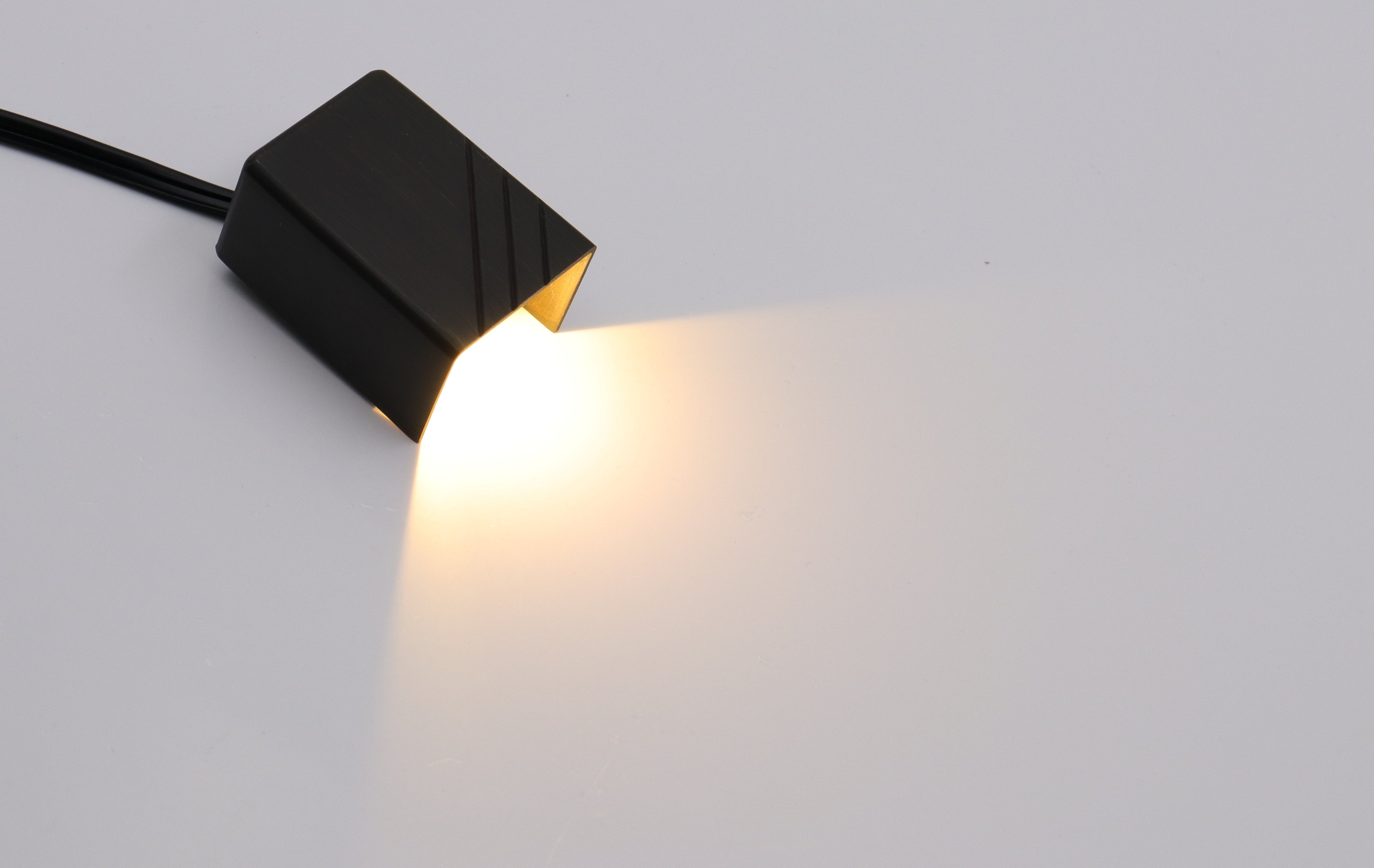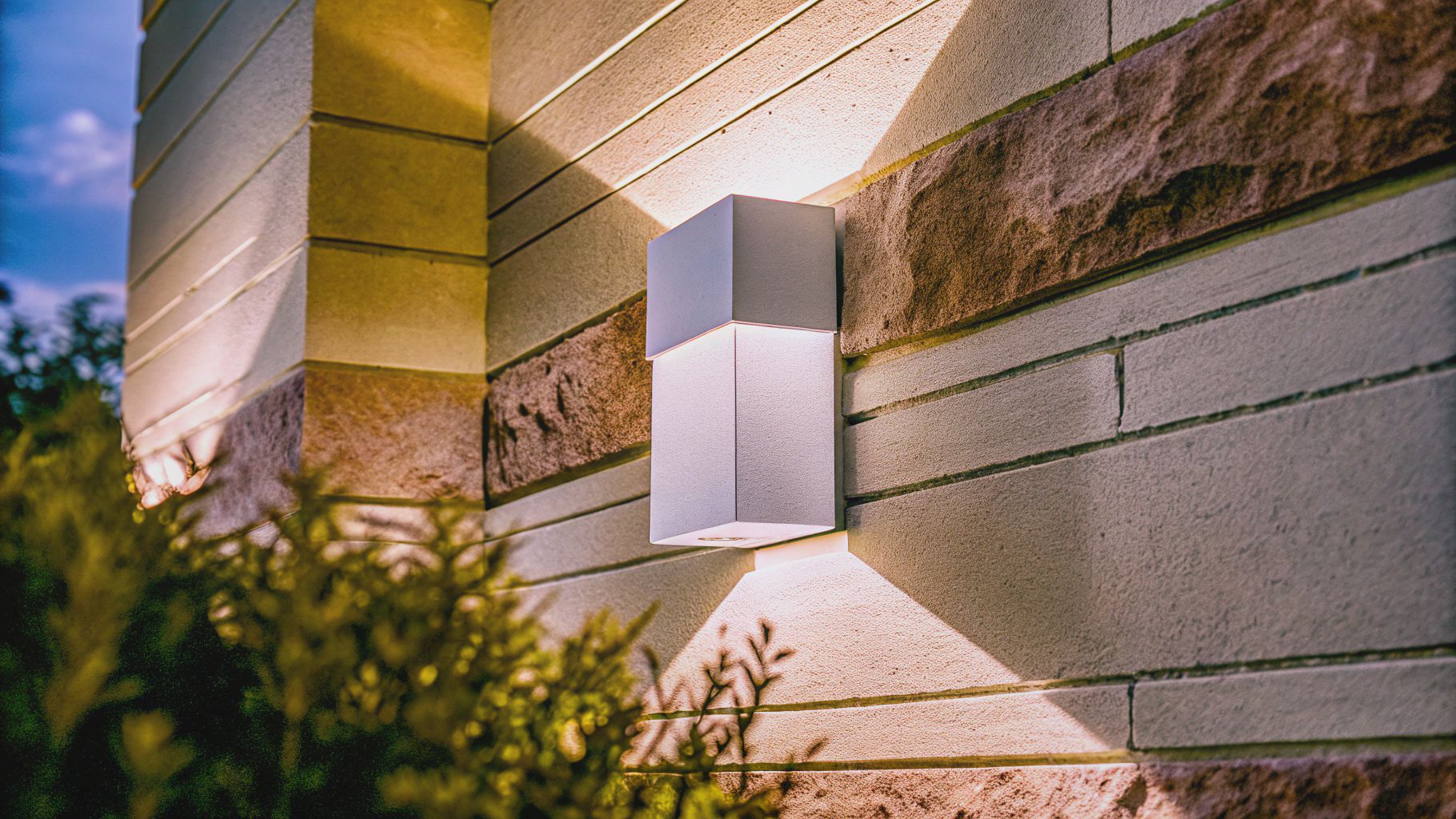A Guide to Safe and Efficient Low-Voltage Lighting Systems
Proper installation and use of transformers are critical to the safety, efficiency, and longevity of outdoor lighting systems. This guide outlines U.S.-compliant practices for integrating low-voltage fixtures with transformers, emphasizing code adherence and system controllability.
Step 1: Select a UL-Listed Transformer
Capacity: Choose a transformer rated 20% higher than the total wattage of all connected fixtures (e.g., 300W transformer for 240W load).
Features: Opt for models with built-in timers, photocells, or smart controls to automate operation.
Weatherproofing: Ensure enclosures meet IP67 or higher for outdoor durability.

Step 2: Install the Transformer Safely
Location: Mount at least 12 inches above ground and 5 feet from water sources (NEC Article 411).
Grounding: Connect the transformer’s grounding terminal to a copper grounding rod (NEC 250.32).
Circuit Protection: Install a GFCI outlet or breaker to prevent electrical hazards.
Step 3: Design the Lighting Circuit
Wire Gauge:
1.Use 14/2 or 12/2 low-voltage landscape wire for runs under 100 feet.
2.For longer runs, increase gauge size to mitigate voltage drop (≤2V drop recommended).
Zoning: Divide fixtures into multiple circuits (Total combined load of all active circuits ≤ 80% of transformer rated capacity) for balanced loads and independent control.

Step 4: Connect Fixtures to the Transformer
Terminal Wiring:
Strip ½ inch of insulation from wires.
Secure fixture leads to the transformer’s output terminals (common to COM, individual loads to V1/V2).
Polarity: Maintain consistent hot/neutral connections across all fixtures.
Step 5: Integrate Control Systems
Photocell/Timer Setup:Program operating hours (e.g., dusk to 11 PM) via the transformer’s digital interface.Verify photocell sensitivity to prevent daytime activation.
Smart Controls: Pair Wi-Fi-enabled transformers with apps for remote scheduling and monitoring.

Step 6: Test and Maintain
Initial Test:
Measure voltage at the farthest fixture (ideal: 10.5–12V for 12V systems).
Inspect for flickering or dimming, indicating voltage drop or overload.
Routine Checks:
Clean photocell lenses monthly.
Inspect connections for corrosion biannually.
Common Errors to Avoid:
Overloading: Exceeding transformer capacity risks overheating.
Incorrect Wiring: Reverse polarity damages LEDs.
Poor Burial: Bury wires 6 inches deep (NEC 300.5) to prevent damage.
Final Note: A compliant low-voltage system combines precise transformer sizing, code-aligned installation, and intelligent controls. Prioritize automation to reduce energy waste while ensuring reliable, code-compliant illumination.
COLOER offers a wide variety of landscape lighting products to suit different needs and preferences:
| Product Name | Description | Bulb Type | Wattage | Price |
|---|---|---|---|---|
| 12V LED Low Voltage Solid Brass Outdoor Lights Kit KIT-2 | A complete kit with spotlights and path lights | MR16, G4 | 5W, 2W | $329.99 |
| 12V Low Voltage Brass Garden Path Lights & Area Light COP602B | Path lights with a classic design | MR16 | 5W | $58.99 |
| Large Size Brass In-Ground Lights, LED Landscape Low Voltage Well Lights COG301B | In-ground lights for subtle illumination | G4 | 2W | $57.99 |
|
Low Voltage LED Brass (Bronze Black) Landscape Spotlights for Garden Lighting COA101B |
LED Outdoor Garden Decor Spotlights | MR16 | 5W | $37.99 |
|
LED Brass Deck Lights, Low Voltage Step Lights COD401B |
Deck lights for safety and ambiance | G4 | 2W | $43.99 |
|
600W (12V-13V-14V-15V-16V-17V-18V,22V) Multi-Tap Low Voltage Transformer COT703S |
Transformer for powering low voltage lighting systems | N/A | 600W | From $287.99 |
| 12 Gauge Low Voltage Landscape Wire, 2 Conductor Outdoor Direct Burial Cable COW1104B | Cable for connecting low voltage lighting fixtures | N/A | N/A | From $62.00 |






Leave a comment
All comments are moderated before being published.
This site is protected by hCaptcha and the hCaptcha Privacy Policy and Terms of Service apply.